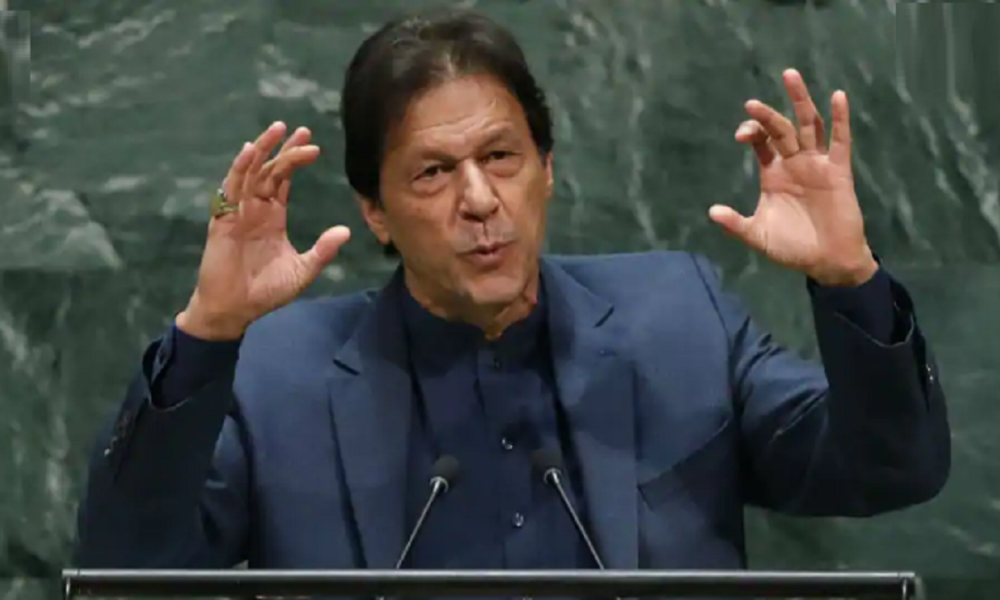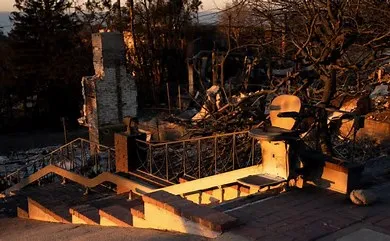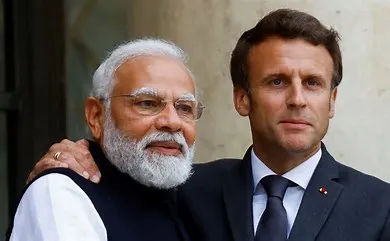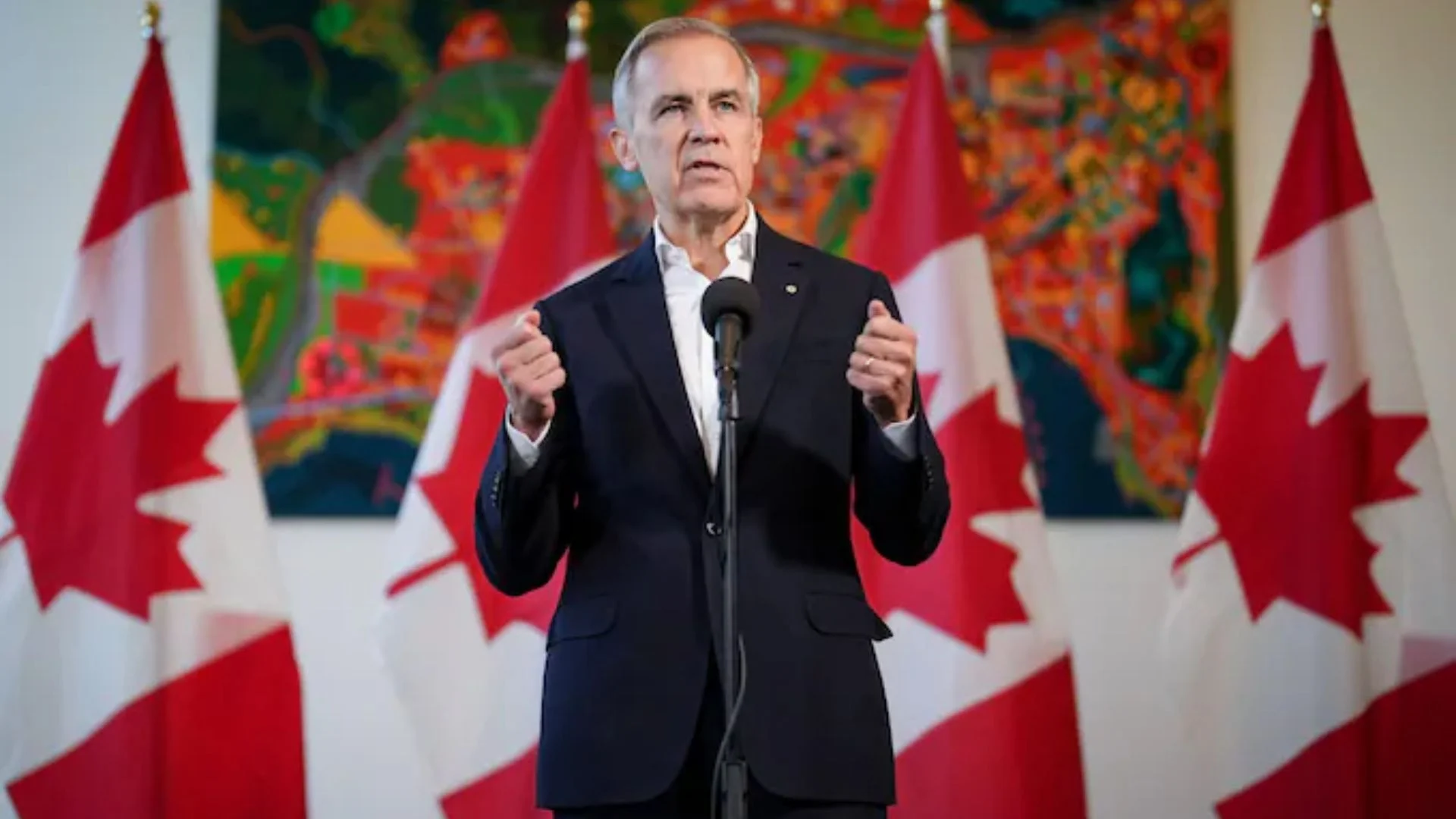Former Pakistani Prime Minister Imran Khan has been approved a protective bail till 1 September in a terrorism case which was registered against him for threatening the additional sessions judge of the federal capital, Zeba Chaudhry, and police officials.
An anti-terrorism court in Islamabad on Thursday approved the interim bail of the Pakistan Tehreek-e-Insaf (PTI) chief after he appeared before the court. The bail was approved against a surety bond of Rs 100,000 and a notice has been issued to the state as well. This comes as Imran Khan was booked in a terrorism case late Saturday on the complaint of Islamabad Saddar Magistrate Ali Javed. However, the former Prime Minister’s bail has been approved against a surety bond of Rs 100,000 and he was ordered to appear before the court on September 1.
However, the court rejected a request by PTI counsel Babar Awan for an extended bail. He prayed the PTI chief is contesting elections in nine constituencies. The court stated that it is granting interim bail till September 1 for now. Security was beefed up at the Federal Judicial Complex where Khan appeared, the Dawn reported.
On Wednesday, Imran Khan chaired a meeting of the party’s legal committee where it was decided that an application seeking the ex-Prime Minister’s bail would be filed in the ATC Islamabad. “Imran Khan will go there himself. God willing, we will all go together tomorrow,” he said. Earlier on 20 August, the PTI chief had staged a rally in Islamabad to express solidarity with his chief of staff, Shahbaz Gill, after claims of torture in custody. He warned the Islamabad inspector-general and deputy inspector-general that he would “not spare” them, vowing to file cases against them for subjecting Gill to alleged inhuman torture, Geo News reported. Imran’s lawyers filed a petition seeking pre-arrest bail on his behalf in a terrorism case registered for ‘threatening’ a female judge and senior police officers in a public rally. The pre-arrest bail plea contended the case was based on “surmises and conjectures” and that no evidence was available on record against Imran in connection with the case. It also contended that there was no “direct or indirect” evidence available on record against Imran in the case.























